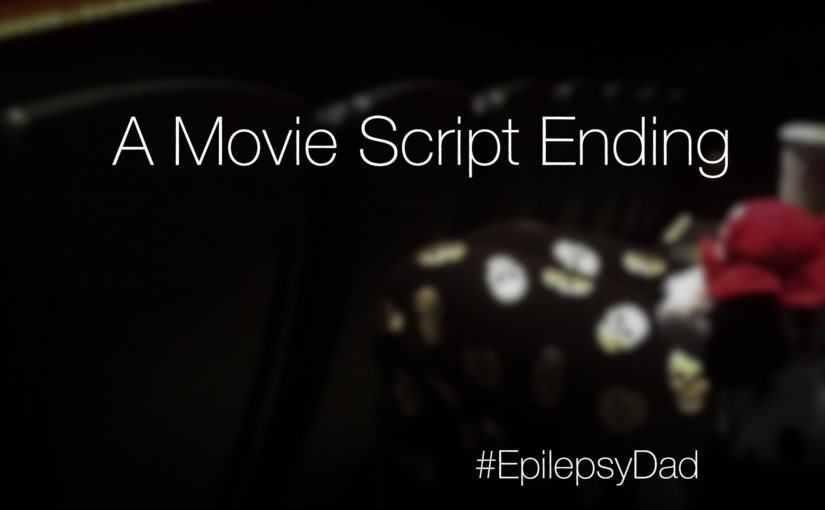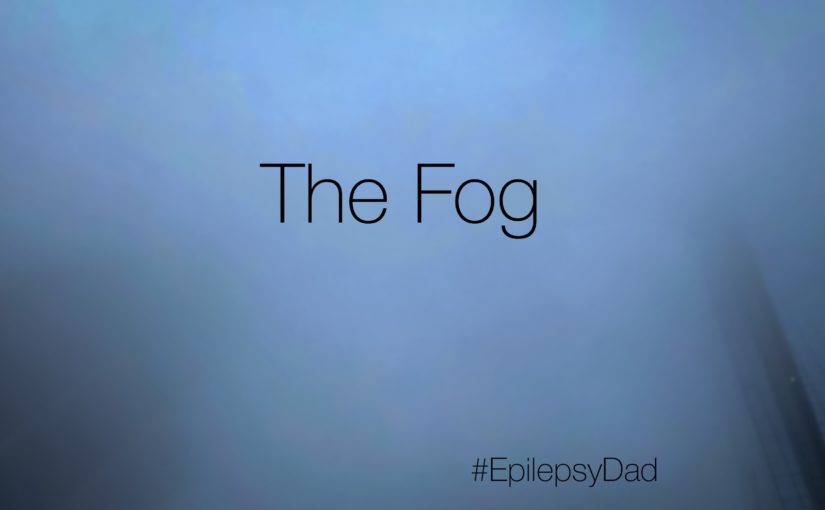This post is part of the Epilepsy Blog Relay™ which will run from March 1 through March 31. Follow along!
When I was younger, my vision of my future included many things. It included a cabin in Maine where I would write and take my sea kayak out to harvest lobsters from my traps. It included a job where I made a lot of money doing something that I loved. It included traveling around the world, soaking up the sights and flavors of every culture on the planet. And it included a family that would share in these experiences and would enrich my life with their own experiences and dreams.
Man plans, God laughs. ~Yiddish proverb
That vision for my future didn’t include a lot of things. It didn’t include the pressure and demands of a job later in my career. It didn’t include the realities that come with having parents who are aging. And it didn’t include the curveball we were thrown when our son was diagnosed with epilepsy.
The combination of these factors created an environment that tests us every day. The relentless seizures. The widening gap between our son and his peers. The insecurity of our lives. The distance that the exhaustion and pressure create between us.
There was a movie called “The Perfect Storm” that detailed the account of the Andrea Gail caught at sea during the 1991 “Perfect Storm”, where multiple storms merged to create a super-storm. The crew ignored the warnings about the storm and made choices that took them further from safety. Eventually, underestimating the power of the storm, they turn back into it and the ship is lost.
Lately, I’ve been feeling like we’re caught in our own storm. I’ve been ignoring the signs and now we’re trapped in the middle of it and the waves are getting bigger. Occasionally, one of us will get thrown overboard but the others pull them back to safety. But there is only so long we can hold out. Eventually, we will get tired. Eventually, the ship will be lost.
I underestimated the strength of this storm. I thought we were lucky. I thought the seas would calm. I thought we had been through enough. But the storm is not done with us yet.
The warnings are in front of us.
It’s time to steer our ship to safety before it’s too late.
NEXT UP: Be sure to check out the next post by Elaine at livingwellwithepilepsy.com for more on epilepsy awareness. You can check out any of the Epilepsy Blog Relay posts you may have missed.

